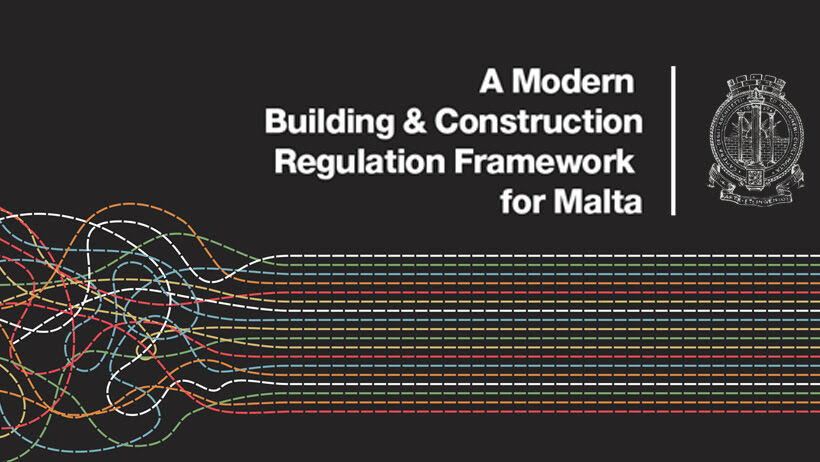PR 01/23 | Kamra tal-Periti calls for real and effective deterrent for contractors
On Saturday 11th February 2023, the Council of the Kamra tal-Periti opened an investigation to establish whether the incident that occurred in the site located in Psaila Street Birkirkara formerly housing the GO Exchange buildings gave rise to potential breaches by any of the periti involved in the project, including the perit in charge of the project and the site technical officer.
It is pertinent to underscore that the opening of an investigation does not imply any wrongdoing and consists in a fact-finding exercise to establish whether any professional malpractice did indeed occur. If the Council determines that there is a potential breach, the perit or periti involved will be afforded the right to exculpate themselves as provided for in the Periti Act.
Regardless of any professional shortcomings, no perit, whether acting as perit-in-charge or STO, can possibly control unscrupulous cowboys with questionable competence at the wheel of heavy machinery toppling over buildings into public spaces as witnessed in Psaila Street.
The fact is that the professional conduct of periti is heavily scrutinised, and rightly so. The Council of the Kamra takes its disciplinary role very seriously and will process this case employing the principles of fairness and due process to safeguard the periti being investigated as well as the public interest.
This contrasts sharply, however, with the scrutiny of contractors. Those involved will suffer no consequences for their actions as not only is there no comparable disciplinary procedure for contractors to that of the Kamra, but there is not even a licence to lose.
Without a deterrent of a real and effective punishment, the industry is overrun by anarchy, which is tempered solely by the goodwill of those periti, developers and contractors who feel a moral and ethical obligation to uphold standards against all odds.

